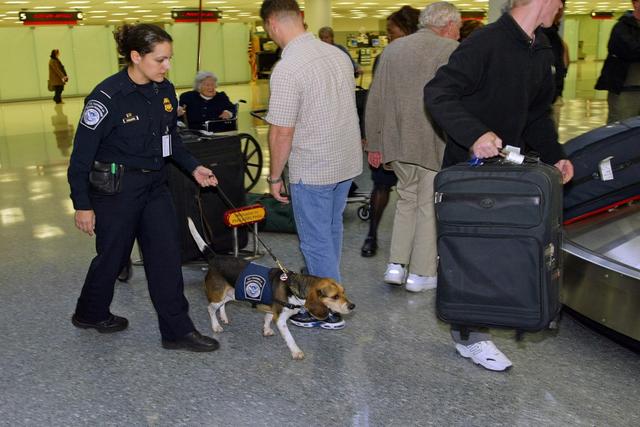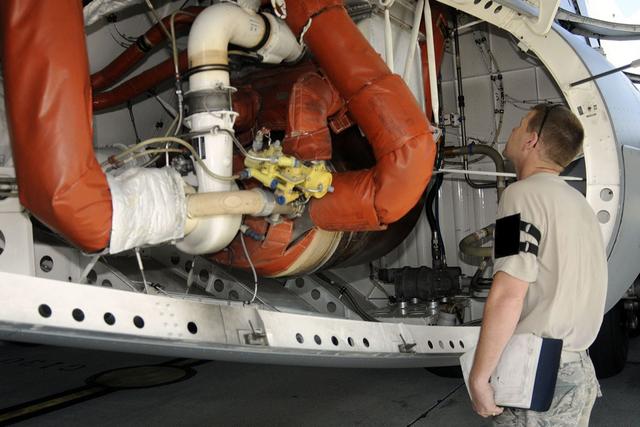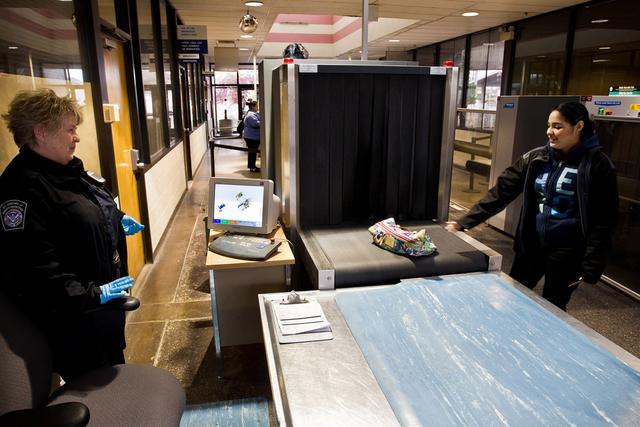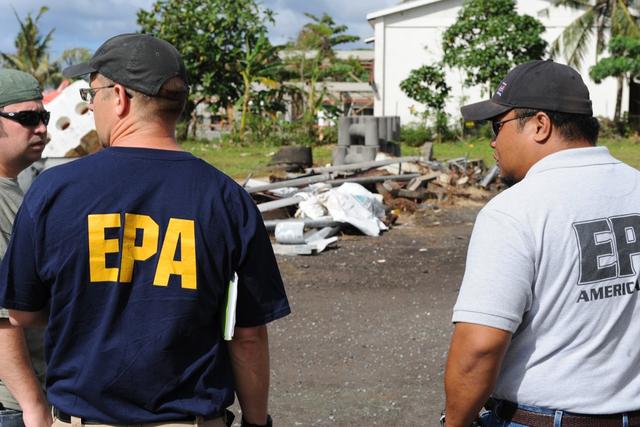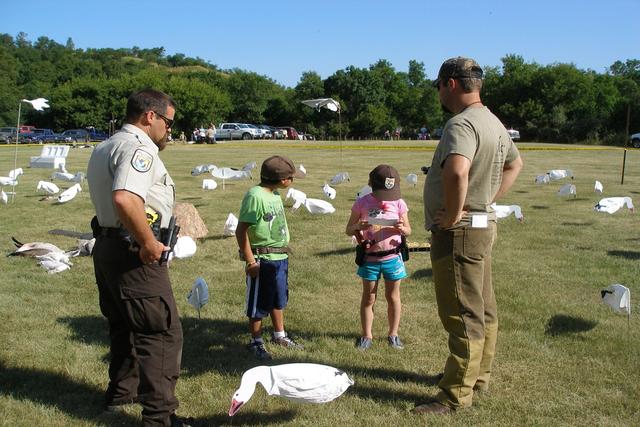Border Patrol Agents
Overview

Introduction
Border patrol agents, also known as border patrol officers, patrol 5,000 miles of border between the United States and Canada and 1,900 miles between the United States and Mexico, as well as the coastal areas of the Gulf of Mexico and Florida. It is their duty to enforce laws regulating the entry of aliens and products into the United States. They are employed by U.S. Customs and Border Protection (CBP), a division of the Department of Homeland Security.
Quick Facts
Median Salary
Employment Prospects
Minimum Education Level
Experience
Skills
Personality Traits
Earnings
According to the Department of Homeland Security, U.S. Customs and Border Protection, pay for CBP Officers begins at the GS-5 level and progresses through levels GS-7, GS-9, GS-11, and GS-12. Officers beginning employment in January 2024 could make $46,507 per year (a base salary of $33,878 plus an average of $12,629 in additional compensation for locality pay, overtime, and night differential)...
Work Environment
The work of a border patrol agent can be tiring and stressful. Because agents must cover the borders continuously, hours are irregular and shifts tend to vary. Most agents spend more time outdoors in jeeps, cars, helicopters, or on horseback than they do in offices. Still, there is a great deal of paperwork to process on each person detained; that usually requires several hours. The work may be...
Outlook
Employment at U.S. Customs and Border Protection is steady work that is not significantly affected by changes in the economy. With the increased emphasis on law enforcement, especially the deterrence of terrorism, but also the detection of illegally imported drugs, the prospects for steady employment for border patrol agents are likely to grow and remain fairly strong. Nevertheless, since the l...
